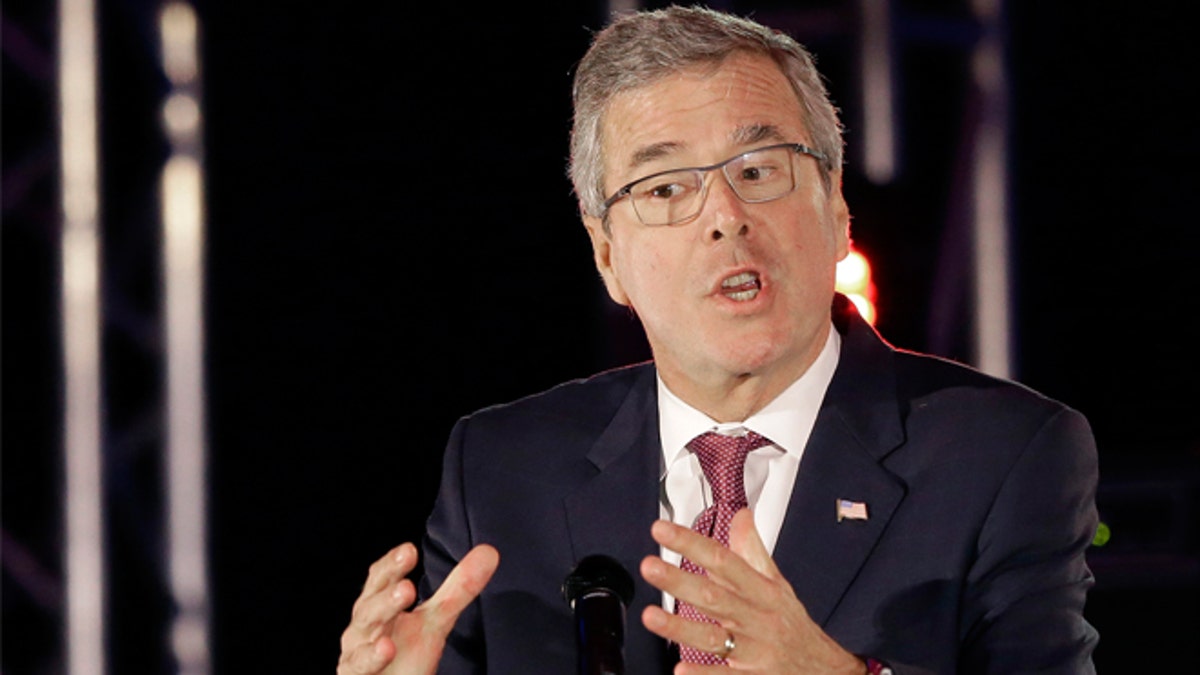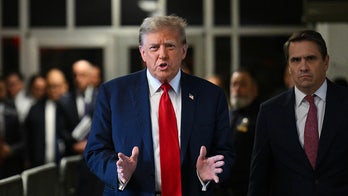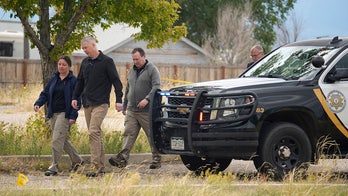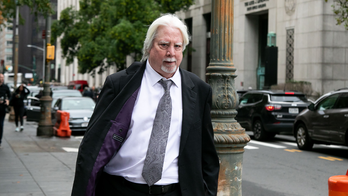
He speaks Spanish fluently.
He has a Latina wife and children.
He was governor of the state of Florida.
Simply put, Hispanic Evangelical leaders see Jeb Bush as authentic -- and that already makes him a favorite of theirs, if and when he decides to run for president in 2016.
“Wow, this is somebody who gets it,” said Rev. Tony Suarez, Executive Vice President of the National Hispanic Christian Leadership Conference, described as the largest annual gathering of its kind in the country.
Suarez, who commented after listening to Bush deliver his keynote address at the conference, held this week in Houston, said: “He spoke our language and it was just incredible, the buzz and energy. He’s definitely a favorite.”
Bush seemed to make a positive impression at the conference, which drew several hundred Hispanic Evangelical leaders. During the speech, Bush reportedly “moved seamlessly” from English to Spanish discussing education, Israel, and immigration saying that 11 million undocumented immigrants in the country illegally should have an opportunity to stay.
“He has the most name recognition,” said Rev. Luis Cortes, the President of Esperanza, one of the nation’s largest Latino Evangelical faith based organizations. “ He’s known by a lot of our churches in Florida.”
A month ago, Bush visited Esperanza’s office and the organization’s charter school, where he spoke to different groups of kids. Bush, who has yet to throw his hat in the White House race, is receiving praise for aggressively reaching out to Latino voters early despite the fact that this bloc will have little say in the Republican primary races in Iowa and New Hampshire.
The message, though, is not being overlooked by Latino Evangelicals who, as a voting bloc, continue to gain in influence and number.
Evangelicals present 16 percent of the Hispanic community in the U.S., and that number is rapidly increasing here and in Latin America.
The group leans Republican, attracted to more conservative values, but has proven their vote is not monolithic.
They have voted for President Bill Clinton, President George W. Bush, and President Barack Obama over the last two elections.
“It is a toss-up and it always has been,” Cortes said of the Hispanic Evangelical vote. “What he’s doing (Bush) we hope the other candidates begin to do. Begin a dialogue with different parts of the community so they can find their way. Previously they talked to us as opposed to talking with us.”
The Republican stands in stark contrast, Suarez says, from that other Republican presidential candidates in 2012.
“We had Mitt Romney who had his grandfather from Mexico," he said. "You had someone with Hispanic roots but never embraced them, never talked about them, and preached self-deportation as immigration policy.”
Romney, whose paternal ancestors had roots in Mexico, went on to win just 27 percent of the Hispanic vote.
Rev. Cortes echoes the belief of many in the Hispanic Evangelical community who say while Romney represented some of the conservative values of many in the church, he lost the vote because of his “harsh” rhetoric on immigration.
“We care about education, the economy before immigration, that’s true until you personalize it. When you take extreme anti-immigration stances you are attacking our families and at that point it goes from a policy position to a personal attack,” Cortes explained.
“If they’ve learned anything over 4 years they need to be more nuanced on how they approach the Hispanic community, and just flag-waving alone will not get our response.”
Thus far, Bush, Evangelical leaders say, is proving he is not taking their voice for granted.
“They have to hear the Hispanic community, and not be fearful, and believe that they lost the voting bloc,” Suarez said. “ The bloc is still out there to be had.”




